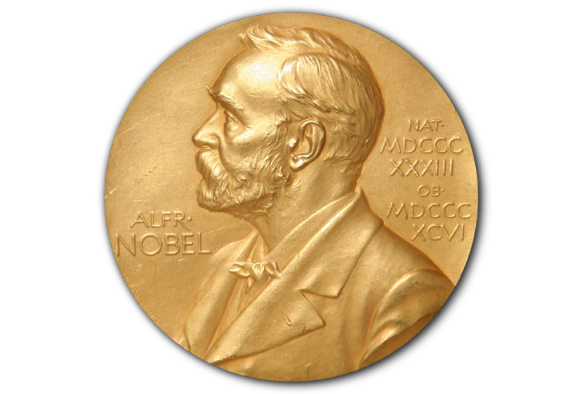Viewpoint: The 2015 Nobel Prize for Physics
Published on

Christos Touramanis is Professor of Experimental Particle Physics and Head of Physics at the University of Liverpool. He initiated the Liverpool neutrino research group in 2003.
“The 2015 Nobel Prize in Physics has been awarded to Takaaki Kajita, Director of the Institute for Cosmic Ray Research and Professor at University of Tokyo, and Arthur B. McDonald, Professor Emeritus at Queen’s University, Canada, “for the discovery of neutrino oscillations, which shows that neutrinos have mass”.
Neutrinos, the second most abundant type of particles in our universe, come in three types and their highly elusive nature makes their study extremely challenging. Observations that only a fraction of the neutrinos produced in the Sun are detected on Earth was a deep mystery since the late 1960s.
In 1998 Kajita presented the discovery that neutrinos switch identities as they fly from the top of the atmosphere to the 50,000 ton Super-Kamiokande water detector in a mine in Japan.
In 2001 the SNO collaboration, led by McDonald, announced that they had detected the total flux of solar neutrinos as expected in their 1,00 ton heavy water detector in a mine in Canada, but they arrived in all three types while they were produced in the Sun in a single type.
This established that neutrinos have non-zero mass, showing that the hugely successful Standard Model of Particle Physics, which requires them to be massless, cannot be the complete theory of the fundamental constituents of the universe.
It is a privilege to work with Takaaki Kajita in the T2K experiment in Japan. He is a great scientist, unassuming, and very sensible."
Dr Neil McCauley, current Head of the Liverpool neutrino group, said: "I remember working with Art McDonald as a graduate student on SNO, and specially how approachable he was, his great leadership and his eagerness to listen to his collaborators and take on board their opinions."
Professor Themis Bowcock, Head of the Liverpool Particle Physics group, added: “This is the third time since 2000 that research carried in the Particle Physics group is directly associated to a Nobel Prize. The Particle Physics group is constantly seeking opportunities for Liverpool-led discoveries in the future.”
